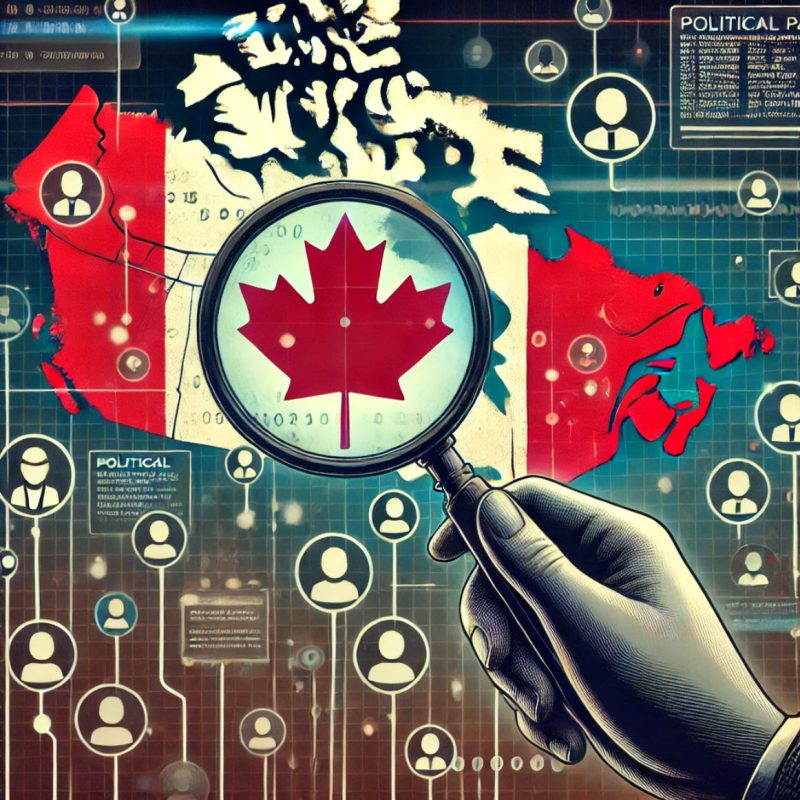
Political parties in Canada are collecting extensive personal data with minimal oversight, raising concerns about transparency and fairness in the democratic process. These parties are not subject to federal privacy laws, and they use this data to create detailed voter profiles, influence political choices, and sometimes discourage voting.
Continue reading “Canada’s Political Parties and Voter Data: A Loophole in Privacy Laws”